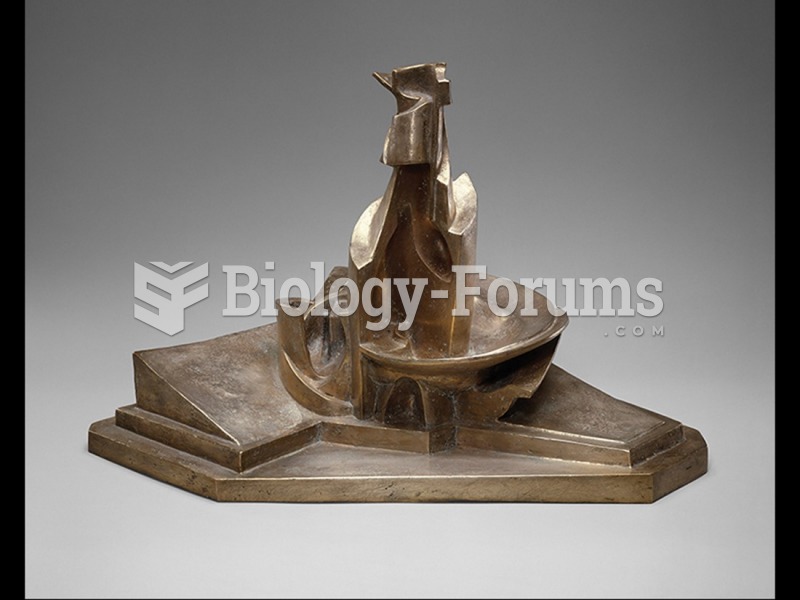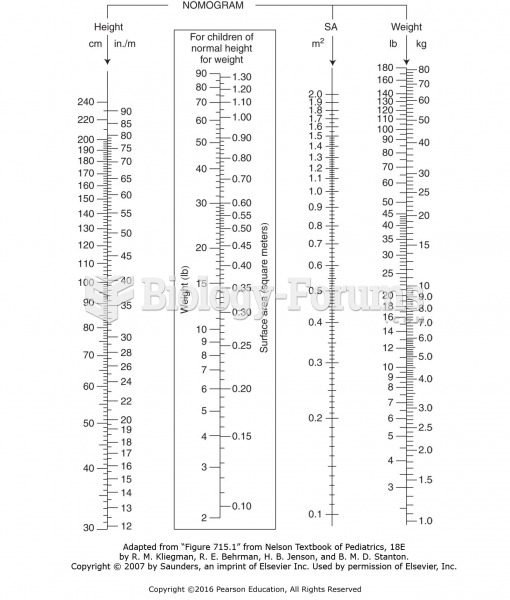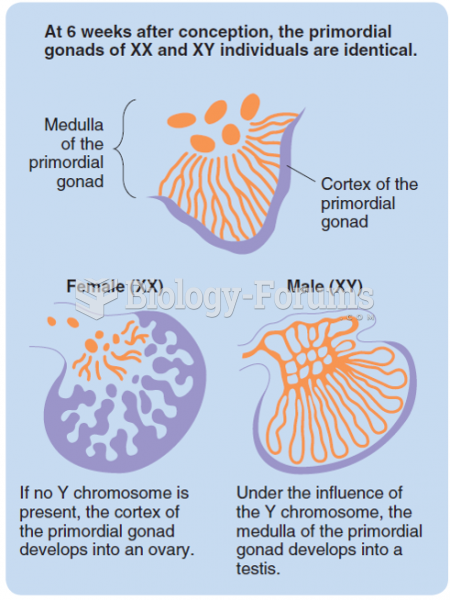Question 1
How did the Supreme Court 1876 cases of Munn v. Illinois and Peik v. Chicago and Northwestern Railway affect the economic development of the West?
A) They implemented limitations on the power and profits made by railroads on interstate trade.
B) They banned the unregulated open-pit mining system that damaged the environment.
C) They illegalized the practice used by mining corporations to integrate their resources with the
means and methods of production.
D) They refused to let creditors charge high interest rates for farm loans.
Question 2
In Roe v. Wade, the Supreme Court ruled in 1973 that __________.
A) human life begins at birth
B) all forms of abortion should be considered illegal
C) any restrictions on abortion were unconstitutional
D) states could not criminalize abortions in the first three months of pregnancy
Question 3
John Beckley and other professional politicians began employing __________ as a tool when creating grassroots organizations during the rise of partisan politics in the 1790s.
A) electoral fraud
B) libel
C) bribery
D) gossip
Question 4
In the 1932 presidential election, Franklin D. Roosevelt campaigned as a __________.
A) Progressive-era regulator
B) conservative who would balance the budget
C) pragmatist who would experiment to get the economy going
D) revolutionary who would transform the role of government
Question 5
How did Oliver H. Kelley contribute to the economic development of the West?
A) He invented barbed wire, which closed off the open range to large cattle drives.
B) He led the first Long Drive from Texas to Kansas that resulted in a booming beef industry.
C) He developed the process of open-pit mining that permanently scarred the landscape.
D) He organized the Grange, which created laws to protect farmers' economic interests.







